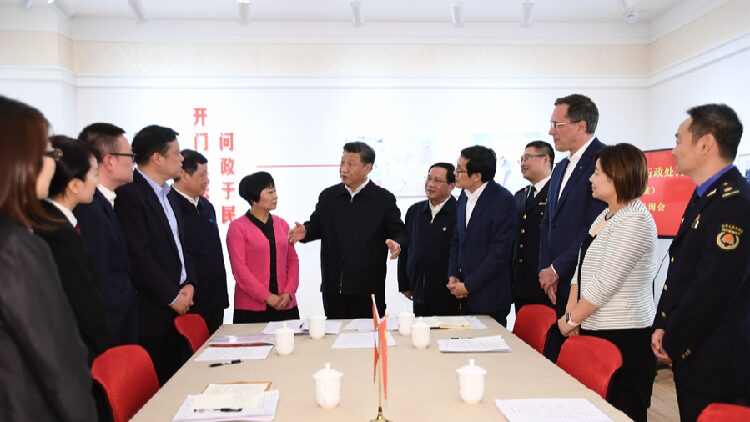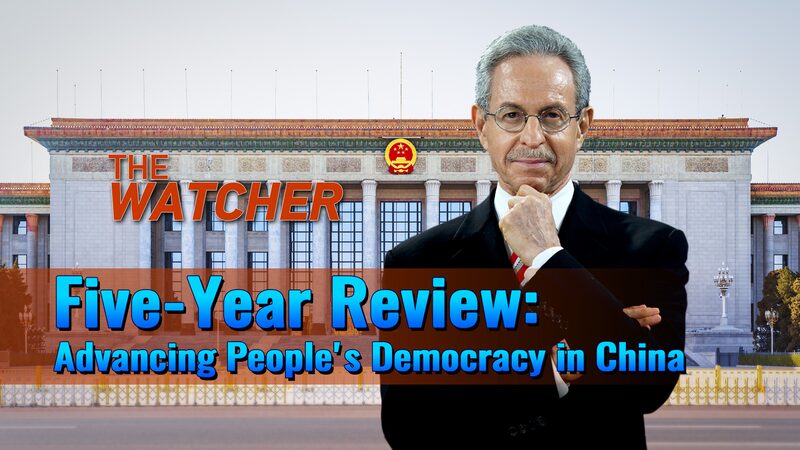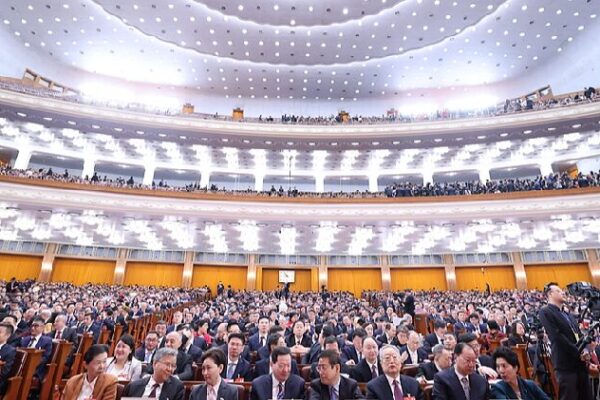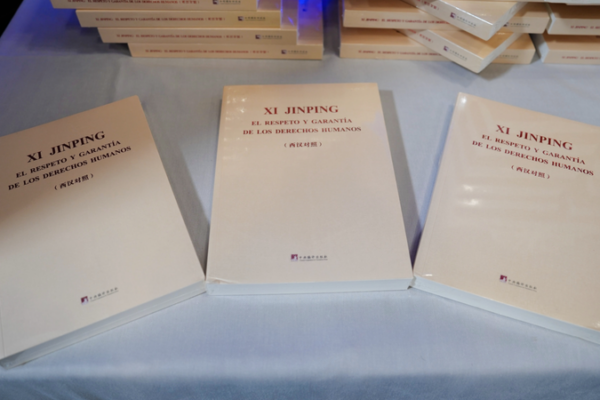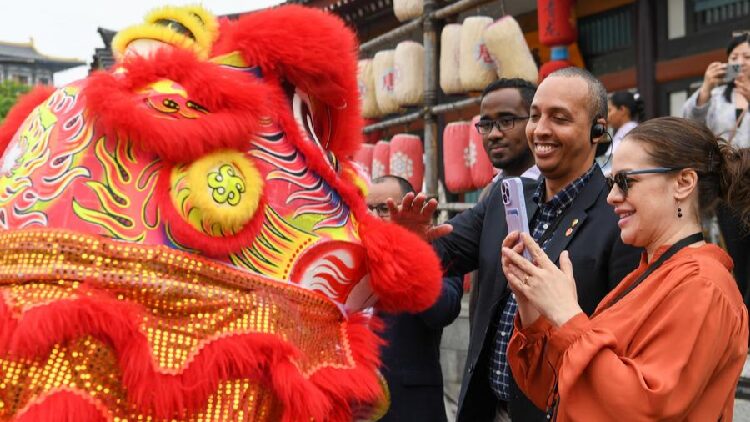This year marks five years since China introduced the concept of ‘whole-process people’s democracy’, a unique approach that emphasizes active citizen participation in governance. First articulated by President Xi Jinping in 2019 during a visit to Shanghai’s Gubei civic center, this model has brought significant changes to China’s political landscape.
Putting People at the Center
At the heart of whole-process people’s democracy is a people-centered approach. Citizens are encouraged to actively participate in decision-making processes, ensuring their voices are heard at both local and national levels. Mechanisms have been established to safeguard citizens’ rights to information, participation, expression, and oversight.
The People’s Congress system, for example, allows representatives from diverse backgrounds to propose policies that reflect the genuine concerns of the public. This system moves beyond theoretical promises and engages citizens directly in shaping the future of their communities.
Inclusive and Authentic Participation
China’s model emphasizes broad inclusivity and authentic participation. Proposals from citizens and representatives are not only heard but are deliberated and implemented. This responsive system focuses on converting public feedback into tangible results, addressing real issues that matter to people.
By emphasizing real outcomes over procedural formalities, whole-process democracy reinforces its effectiveness and strengthens public trust in governance.
Unity and Stability in Governance
The model achieves a unity between procedural and substantive democracy, combining direct and indirect methods, and aligning the will of the people with the will of the state. Recent developments, such as the comprehensive plans issued during the 20th National Congress of the Communist Party of China (CPC) in 2022 and subsequent sessions, have further improved the institutional framework supporting this democratic practice.
Confidence in Democratic Development
China’s success in eradicating extreme poverty and building a moderately prosperous society showcases the efficacy of whole-process people’s democracy. These achievements have bolstered public confidence in a system that adapts to challenges and addresses critical social issues effectively.
Lessons for the World
China’s approach offers valuable insights for other countries. It highlights the importance of tailoring democratic practices to a country’s unique historical, cultural, and socioeconomic context. Democracy isn’t a one-size-fits-all solution, and prioritizing national identity and context can lead to more effective governance.
Ensuring inclusive participation and establishing a strong rule of law are fundamental. By involving all sectors of society and providing legal frameworks that underpin democratic rights, countries can enhance public trust and ensure stability and legitimacy in governance.
A Dynamic Path Forward
As whole-process people’s democracy continues to mature, it demonstrates the value of dynamic, people-centered governance. It serves as a potential template for nations exploring democratic practices that resonate with their local conditions, emphasizing inclusivity and a strong foundation in the rule of law. This approach contributes to global political civilization by showcasing an adaptable democratic path that responds directly to the needs of citizens.
Reference(s):
Whole-process people's democracy has vitalized global politics
cgtn.com
